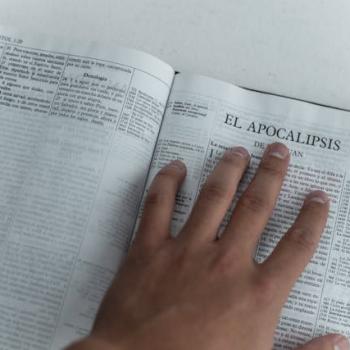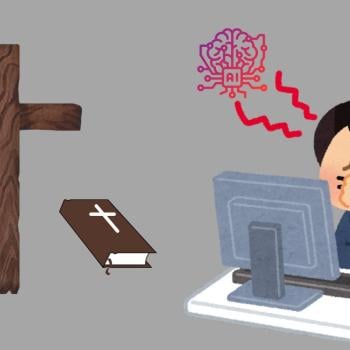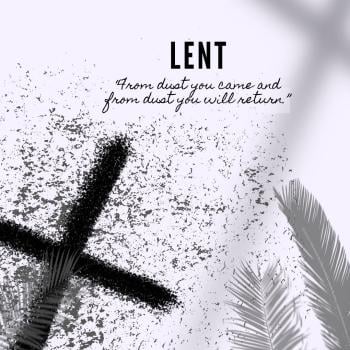David Bentley Hart, in drawing attention to the violence of pagan culture and the change that Christianity wrought, argues that "Christians brought something new into the ancient world: a vision of the good without precedent in pagan society, a creed that prescribed charitable service to others as a religious obligation, a story about a God of self-outpouring love."[x] In studying the sins against charity, we have in a roundabout way been studying this God of self-outpouring love. It is his triune love that enables humans to overcome the reality of Hobbesian scarcity and the desire for domination and to seek to live a life of God-reliance based upon God's gifting. Hart identifies the joy and wonder, the freshness, of this way of life despite the ever-present sins against charity: "Over the course of many centuries, Christianity displaced the reigning values of a civilization with its own values, and for a time its rather extraordinary idea of the human, illumined by the unearthly radiance of charity, became the shining sun around which other values were made to revolve, and in the light of which the good or evil of any act had to be judged."[xi] He draws attention to the figure of Peter weeping over his sin of denying Jesus three times, and points out that in Peter we find the human person in full greatness as a moral agent called to a supreme destiny while being, in worldly terms, not a king or an eminent man but a Galilean peasant.[xii] Hart calls this "the face of the faceless."[xiii]
In the repentant Peter, we see the weeping of charity-a renewed charity that ensures that the sins against charity do not have the last word, but instead are markers for a new life. Jesus, too, wept (John 11:35). The sins against charity, and their deadly fruit, demand our weeping. But joy and peace, not weeping, are the last word: "The hour is coming, indeed it has come, when you will be scattered, every man to his home, and will leave me alone; yet I am not alone, for the Father is with me. I have said this to you, that in me you may have peace. In the world you have tribulation; but be of good cheer, I have overcome the world" (John 16:32-33).
Conclusion
[i] Pieper, Faith, Hope, Love, 170; Gilson's remark is from his History of Christian Philosophy in the Middle Ages (London: Sheed & Ward, 1955), 83. Emphasis original.
[ii] See Miroslav Volf's eloquent Free of Charge, 61-71, 107-10.
[iii] Aquinas, Summa, 2-2.32.2. See also Hart, Atheist Delusions,29-31.
[iv] The feminist philosopher Eva Feder Kittay argues that it is from the experience of dependence that we come to recognize "independence" as interdependence. By exploring dependence, we learn that we are not "essentially independent," but rather are essentially interdependent. This interdependence has its sustaining source, Aquinas would add, in God's gifting. See Eva Feder Kittay, Love's Labor: Essays on Women, Equality, and Dependency (New York: Routledge, 1999), xii; cf. Alasdair MacIntyre, Dependent Rational Animals: Why Human Beings Need the Virtues (Chicago: Open Court, 1999).
[v] Peter Bamm, Die Unsichtbare Flagge (Munich: Kösel, 1952), quoted in Hannah Arendt, Eichmann in Jerusalem: A Report on the Banality of Evil, 2nd ed. (New York: Penguin, 1994), 232.
[vi] See John Chrysostom, "On Repentance and Prayer," in On Repentance and Almsgiving, trans. Gus George Christo (Washington, D.C.: Catholic University of America Press, 1998), 50-53. In his homily "On Repentance and Compunction" in the same volume (86-110), Chrysostom connects repentance with almsgiving.




